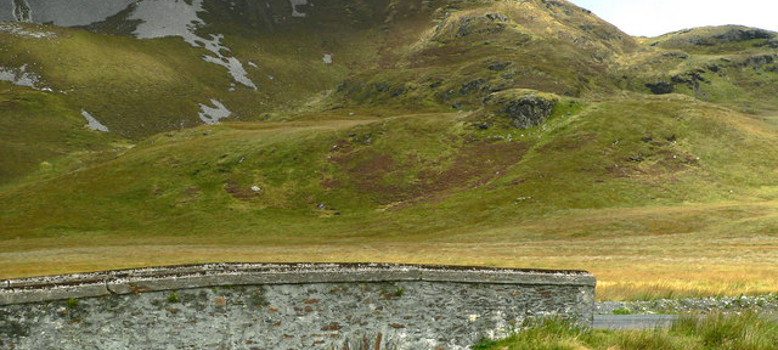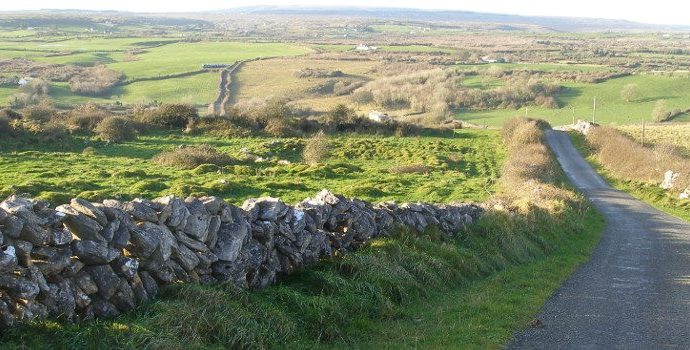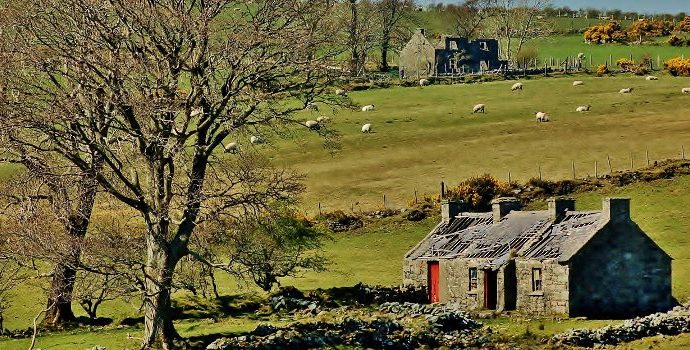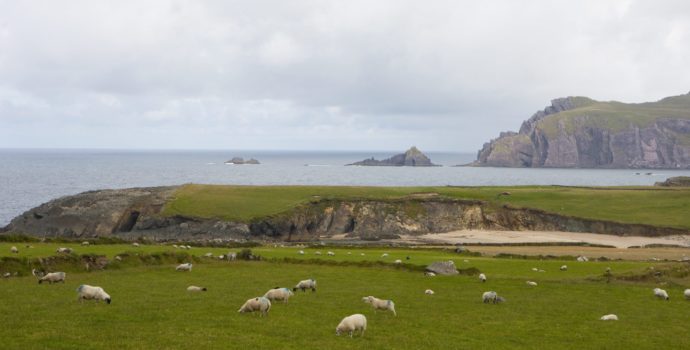
Designated Land
- IFA again are insisting that there must be no new designations, payment rates need to reflect the restrictions imposed on farmers due to the designation
- Following the increased allocation of €1m for the NPWS farm plan scheme was reopened in 2020. An additional 250 NPWS farm plan schemes were announced following a funding increase in the budget. The Scheme was available to all farmers in designated areas and was advertised on the NPWS website where applications were invited. 78 out of 95 applications received were deemed of sufficient standard to take forward plans. The applications were assessed based on priority habitat and species targeted, whether site was in a designated area, the significance of the site locally, regionally and nationally. IFA called for the plans to be meaningful, with farmers getting payments which relate to restrictions and work to be carried out.
- IFA met the new Minister for Heritage Malcolm Noonan in September. At a new meeting with Minister for Heritage Malcolm Noonan IFA strongly reiterated our opposition to any more designated land. Recent reports on designations were grossly exaggerated according to the Minister and there are no plans to further increase areas from the current level of 13.5%.
- IFA also raised the issue of compensation for farmers where rewetting of bogland is planned, and easing the restrictions on afforestation in Hen Harrier areas.
- IFA Hill Committee continue to participate in the Designated Areas Monitoring Committee and will represent farmers at a Nature Bilateral Dialogue for Ireland with the Nature Unit of DG Environment of the EU Commission on of 9th March
CAP Transition
- EU Transitional proposals were passed by the European Parliament and the Council of Ministers.
- The transitional arrangements are vital to allow the continuation of various schemes such as BPS, ANC, GLAS, TAMS, BDGP, and Sheep Welfare into 2021 or 2022.
- The Basic Payment and Areas of Natural Constraint (ANC) payments are to be rolled over as part of CAP transition for 2021 and 2022 under the current rules and that payment dates for 2021 will be in line with that of 2020.
- 36,000 contracts were due to end in Dec 2020, an extension of the scheme into 2021 was secured and the application process closed on Dec 31st 2020. 99% of GLAS Participants responded and 96% opted to extend their GLAS contract without additional planning costs for farmers
EU LIFE PROJECTS
- IFA Hill Committee had a meeting to ensure farmers interest are foremost with the Project Manager on the Wild Atlantic Nature LIFE IP. The overall project budget is €20.6M and it is expected that further funding can be attracted as opportunities arise. It is focused primarily on the blanket bog SACs and associated lands from Galway Bay up to north Donegal. IFA stressed that the project must be voluntary, be locally adapted, practical, developed with those farming in this area, properly and fairly funded, facilitate flexible and adaptive management on farm, build local trust and capacity and account for factors outside the farmer’s control.
- IFA Hill Committee participated in a LIFE On Machair Public workshop which covers an area of coastlands from Galway Bay to Malin Head. Machair is a semi-natural coastal grassland that is only found on the west coasts of Ireland.
The is a potential of a €7m project entitled LIFE On Machair, targeting the improvement in the conservation status and ecosystem functioning of machair habitats. If successful in achieving funding, the project aims to support traditional farming on machair. The project will be a voluntary Results Based Payment approach to habitat management, awarding payments to landowners, thereby putting the landowner, their skills, expertise and knowledge of their land central to the development of this project.
Burning
- IFA has raised concerns with the Department that farmers whose land was burned in the spring of 2020 should not be penalised. This burning was in most cases not caused by farmers and unless the Department have proof then no farmer should have a penalty imposed on them. There are a number of reviews and appeals in progress and this will be monitored closely over the coming months.
- IFA Hill Committee have called on the Minister for Heritage and Electoral Reform Malcom Noonan to ensure managed burning of gorse is allowed to take place in March due to the inclement weather in January and February. The extension by a month is of vital importance as it will address better vegetative management; help farmers keep land eligible for various CAP schemes; and reduce uncontrolled wildfires. Where land is burned, it is done in a managed way. Controlled gorse burning has not happened yet this year because there was no opportunity due to the wet weather.
Comhairle na Tuaithe
- At a recent meeting of Comhaire na Tuaithe IFA has raised the indemnification for farmers who allow their lands to be used for recreational purposes. The Minister has promised legislation which will protect landowners in the event of a claim. The roll out of this indemnification is taking far too long and IFA are insisting that it is given top priority to ensure that cover for farmers is in place without further delay.
- Audits of new trails were hampered due to COVID19 but the dept have developed an online audit and inspection system will speed up the approval of the new walks.
- Proposals for new walks – There is programme for government commitment to expand to 80 walks which will be done in conjunction with the review of the walks scheme.
- IFA are insisting that the cuts imposed on land owners in the past are restored.
- IFA raised management of dogs in the countryside with Comhairle na Tuaithe.
| Flor McCarthy Chair | Denis Griffin Senior Policy Executive |




